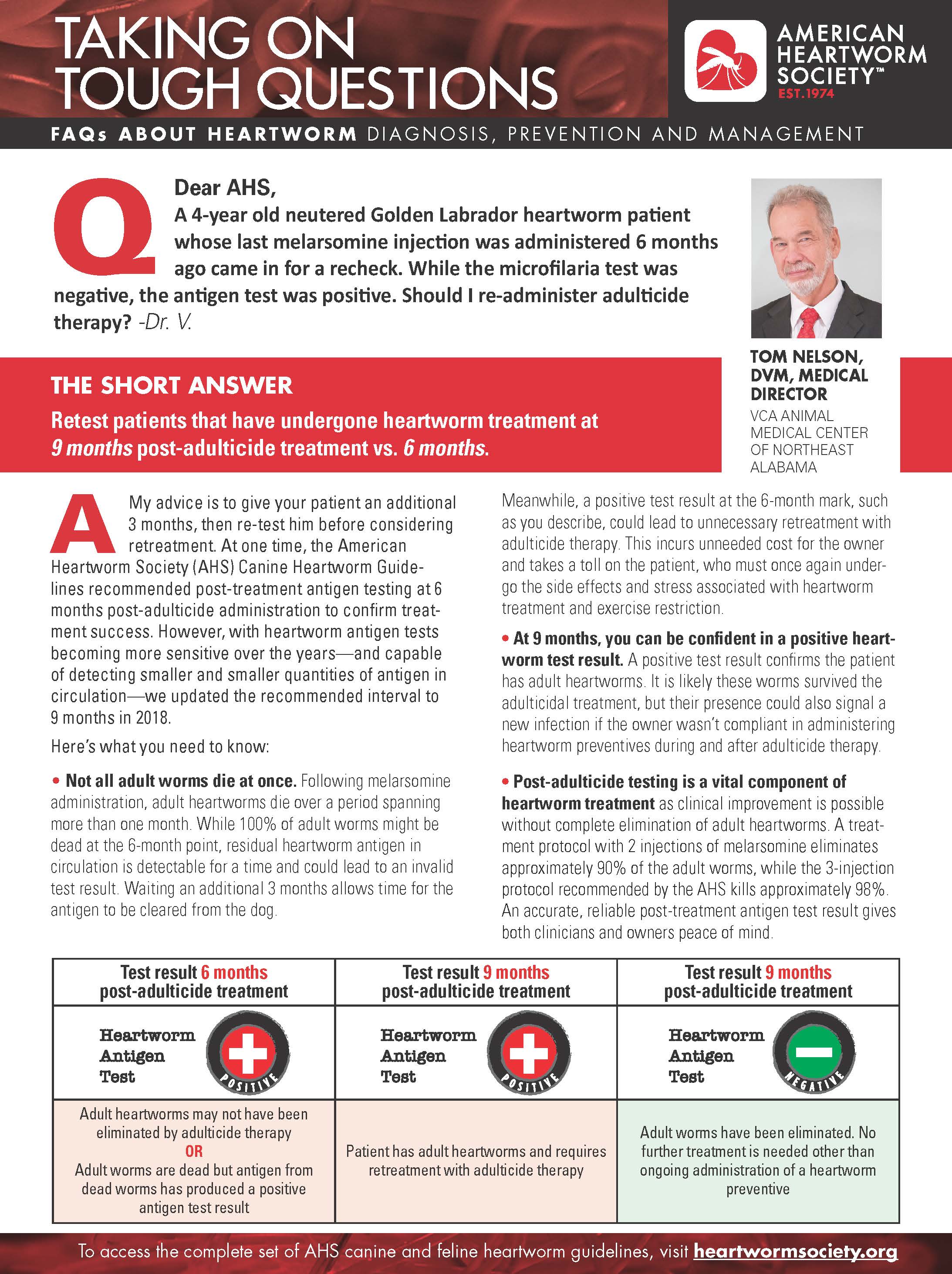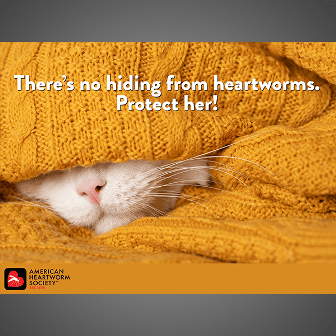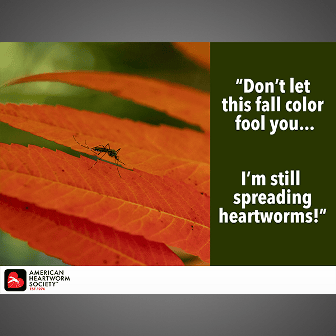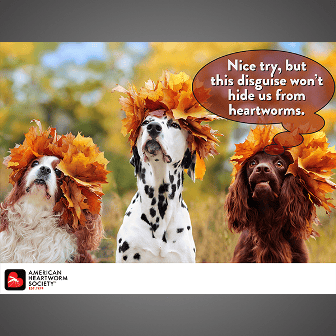Tom Nelson, DVM, Medical Director
VCA Animal Medical Center of Northeast Alabama
Dear AHS,
A 4-year old neutered Golden Labrador heartworm patient whose last melarsomine injection was administered 6 months ago came in for a recheck. While the microfilaria test was negative, the antigen test was positive. Should I re-administer adulticide therapy? -Dr. V.
THE SHORT ANSWER
Retest patients that have undergone heartworm treatment at 9 months post-adulticide treatment vs. 6 months.
A. My advice is to give your patient an additional 3 months, then re-test him before considering retreatment. At one time, the American Heartworm Society (AHS) Canine Heartworm Guidelines recommended post-treatment antigen testing at 6 months post-adulticide administration to confirm treatment success. However, with heartworm antigen tests becoming more sensitive over the years—and capable of detecting smaller and smaller quantities of antigen in circulation—we updated the recommended interval to 9 months in 2018.
Here’s what you need to know:
- Not all adult worms die at once. Following melarsomine administration, adult heartworms die over a period spanning more than one month. While 100% of adult worms might be dead at the 6-month point, residual heartworm antigen in circulation is detectable for a time and could lead to an invalid test result. Waiting an additional 3 months allows time for the antigen to be cleared from the dog.
Meanwhile, a positive test result at the 6-month mark, such as you describe, could lead to unnecessary retreatment with adulticide therapy. This incurs unneeded cost for the owner and takes a toll on the patient, who must once again under-go the side effects and stress associated with heartworm treatment and exercise restriction. - At 9 months, you can be confident in a positive heartworm test result. A positive test result confirms the patient has adult heartworms. It is likely these worms survived the adulticidal treatment, but their presence could also signal a new infection if the owner wasn’t compliant in administering heartworm preventives during and after adulticide therapy.
- Post-adulticide testing is a vital component of heartworm treatment as clinical improvement is possible without complete elimination of adult heartworms. A treatment protocol with 2 injections of melarsomine eliminates approximately 90% of the adult worms, while the 3-injection protocol recommended by the AHS kills approximately 98%. An accurate, reliable post-treatment antigen test result gives both clinicians and owners peace of mind.







